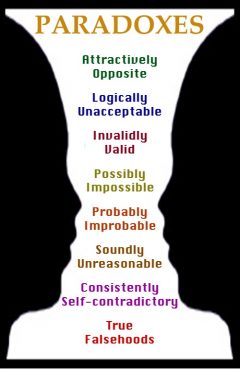French Paradox

Release Date: //
Country of Release:
Length:
MPAA:
Medium: Paradox
Genre:
Release Message: The observation that the French suffer a relatively low incidence of coronary heart disease, despite having a diet relatively rich in saturated fats.
Description: The term French paradox was coined by Serge Renaud, a scientist from Bordeaux University in France, and has been in use since the early 1990s. The French paradox is the catch phrase frequently used to summarize the apparently paradoxical epidemiological observation that French people have a relatively low incidence of coronary heart disease (CHD), despite having a diet relatively rich in saturated fats,[1] in apparent contradiction to the widely-held belief that the high consumption of such fats is a risk factor for CHD. The paradox is that if the thesis linking saturated fats to CHD is valid, the French ought to have a higher rate of CHD than comparable countries where the per capita consumption of such fats is lower. The French paradox implies two important possibilities. The first is that the hypothesis linking saturated fats to CHD is not completely valid (or, at the extreme, is entirely invalid). The second possibility is that the link between saturated fats and CHD is valid, but that some additional factor in the French diet or lifestyle mitigates this risk -- presumably with the implication that if this factor can be identified, it can be incorporated into the diet and lifestyle of other countries, with the same lifesaving implications observed in France. Both possibilities have generated considerable media interest, as well as some scientific research.